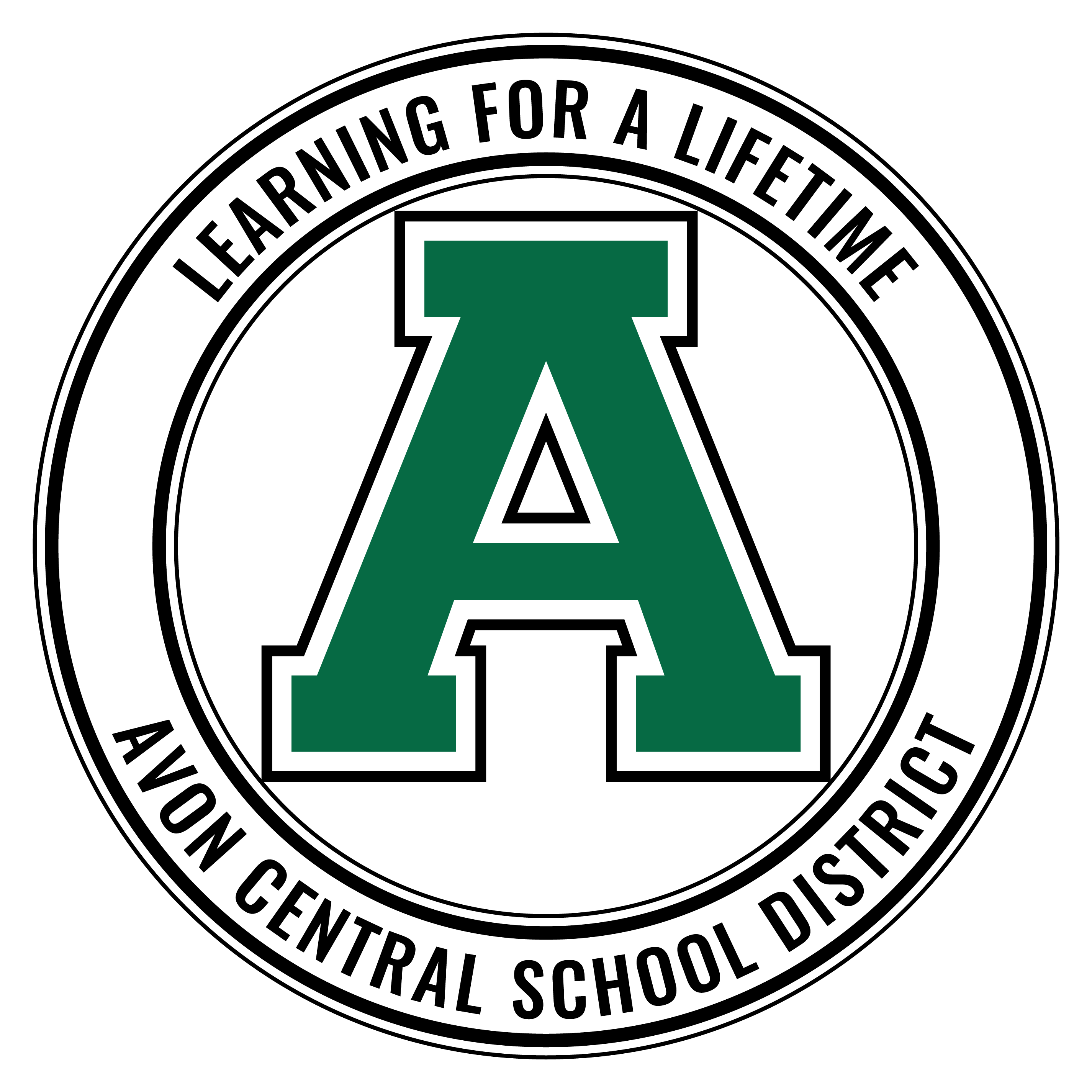High school students in Government class with Mrs. Dunham simulated the process of
sponsoring, debating, and voting on new legislation. Working in small collaborative groups, they first identified a problem or a situation which they believed had the potential for positive
change, and gathered and organized relevant data to demonstrate the necessity of taking
action. To complete their policy proposal, they researched and analyzed the impact it would
have on all stakeholders, and paid particular attention to the biggest legal or logistical
obstacle(s) and stakeholder objection(s) as well as the best ways to garner cooperation from
those negatively impacted. Next, they determined what support was needed from other
agencies or government entities to get the legislation passed. Bringing their policy proposal to
the class, there was opportunity to present their research, respond to questions, and debate
the issue before conducting the vote. Finally, anticipating a passing vote, they identified how to
create public awareness to implement the policy, and noted potential unintended
consequences. If their policy did not pass, students discussed what they could have done
differently, if anything, to gain more support, as well as identifying forces that were out of their
control.
Pictured here are (1) students working in small groups to research and summarize their policy
proposal.
District
Departments
Community

